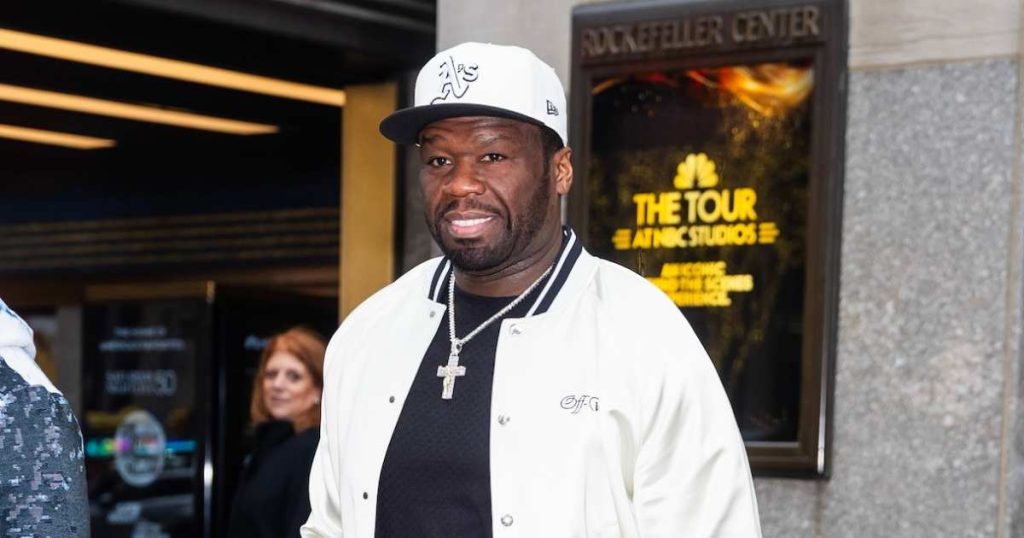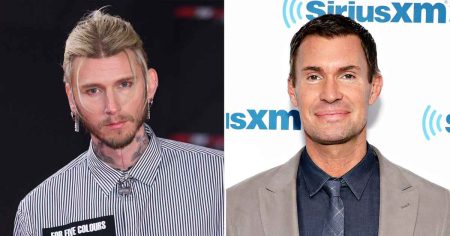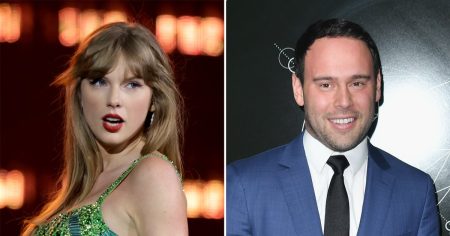50 Cent’s AI-Generated Video and the Resurfacing of Serious Allegations
The intersection of celebrity culture, social media, and rapidly advancing technology has created a breeding ground for controversy, misinformation, and often, outright malice. Rapper 50 Cent recently ignited a firestorm by posting an AI-generated deepfake video depicting fellow music moguls Jay-Z and Sean "Diddy" Combs being arrested. The video, set to the socially charged backdrop of KRS-One’s "Sound of Da Police," portrays the two artists being handcuffed and led away from a public event, later appearing behind bars with champagne flutes in hand. While the video’s fabricated nature was evident, its timing coincided with the resurfacing of serious allegations against both Jay-Z and Diddy, adding fuel to an already volatile situation.
The deepfake video emerged shortly after a civil lawsuit, refiled by an anonymous woman, accused both Jay-Z and Diddy of raping a 13-year-old girl in the early 2000s. The lawsuit alleges the incident occurred at an MTV Video Music Awards afterparty. Both Jay-Z and Diddy have vehemently denied these accusations. Diddy has also denied separate allegations stemming from an arrest in September 2024. The timing of 50 Cent’s video, irrespective of its comedic intent, inevitably linked the two narratives, creating a perception of guilt by association in the public eye, regardless of the veracity of the claims.
50 Cent’s social media posts, often laced with provocative humor and thinly veiled jabs at his contemporaries, have long been a source of both amusement and consternation. His decision to share the AI-generated video, while seemingly intended as a jest, displayed a marked insensitivity to the gravity of the accusations against Jay-Z and Diddy. His accompanying Instagram caption, expressing a fear of reprisal while simultaneously sharing the video, further muddled the message, blurring the lines between genuine concern and calculated provocation. While his followers’ reactions ranged from amusement to concern, some pointed out the potential for such deepfake technology to be used maliciously, opening a Pandora’s Box of manipulated realities.
Beyond the immediate controversy surrounding the deepfake video, 50 Cent’s social media activities continued to allude to Jay-Z and Diddy’s legal troubles. He shared images of Jay-Z and his family attending the premiere of "Mufasa," adding captions that referenced the rape allegations. He also posted a meme suggesting uncertainty about the upcoming Super Bowl, alluding to Jay-Z’s involvement with the halftime show production through his company, Roc Nation. These seemingly frivolous jabs, however, were juxtaposed with moments of genuine reflection on the potential ramifications of the allegations.
In a subsequent interview, 50 Cent elaborated on his Super Bowl post, expressing concern not for Jay-Z, but for headlining artist Kendrick Lamar. He questioned whether the allegations would impact the halftime show and speculated about the NFL’s potential response, predicting a severance of ties with Jay-Z and Roc Nation. This apparent shift in tone, from online mockery to considered commentary, revealed a more nuanced perspective on the unfolding events. While maintaining his characteristically provocative style, 50 Cent acknowledged the potentially significant consequences of the allegations, both for the individuals involved and the broader entertainment landscape.
The confluence of 50 Cent’s AI-generated video, the resurfacing of serious allegations against Jay-Z and Diddy, and the pervasive nature of social media have combined to create a complex and unsettling narrative. While 50 Cent’s actions might be perceived as crass opportunism or simply insensitive humor, they have undeniably brought a spotlight onto a serious issue – the ease with which deepfake technology can be used to manipulate public perception and potentially fuel misinformation. This incident serves as a stark reminder of the responsibility that comes with influence in the digital age and the potential for even seemingly harmless jests to have far-reaching and unintended consequences. It also underscores the importance of due process and the presumption of innocence, particularly in the court of public opinion, where reputations can be irrevocably tarnished by unproven accusations amplified by the echo chamber of social media.










